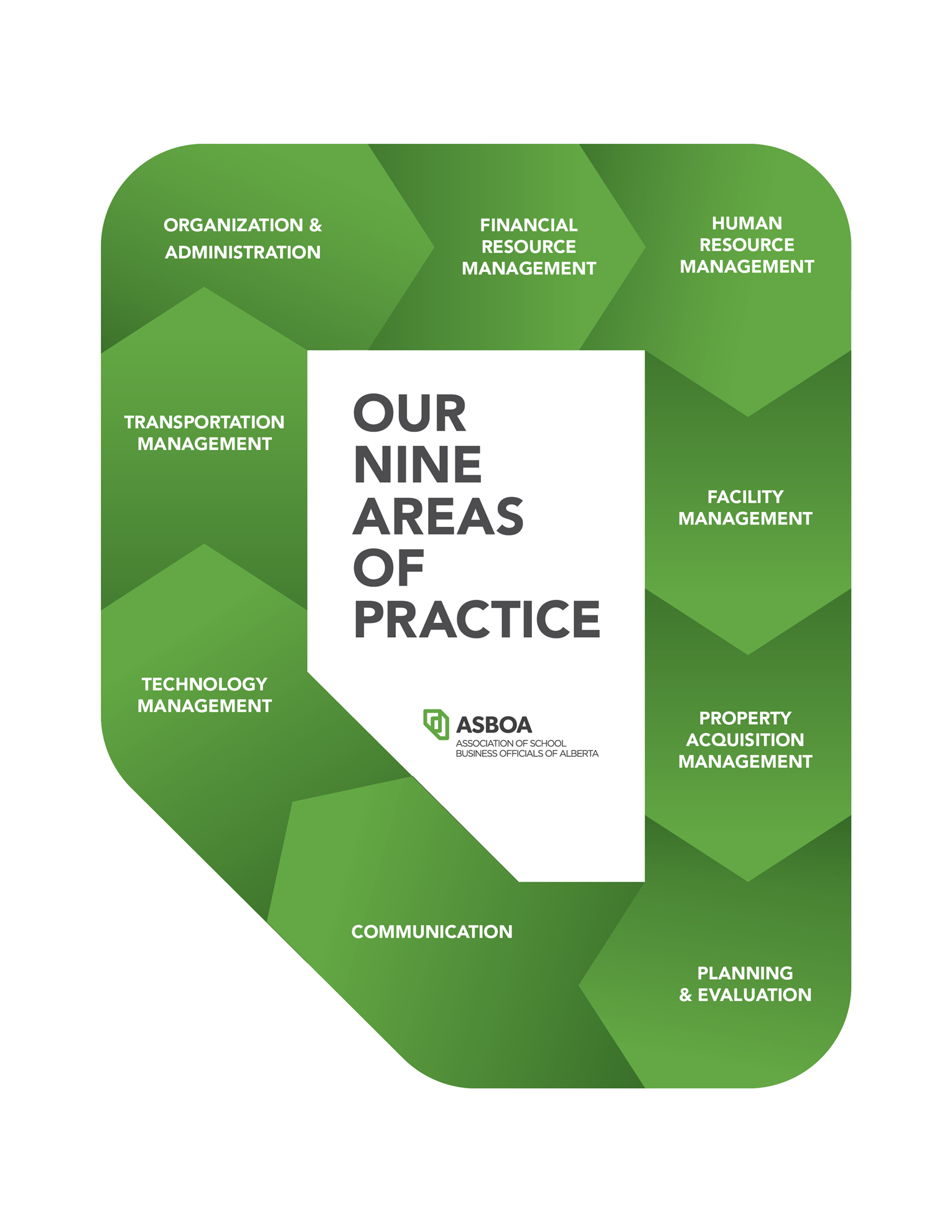The financial operations of school business management are crucial to its overall success. In this area of practice, school business officials have an in-depth knowledge of financial planning, budgeting, auditing, financial analysis, reporting and much more. A school business official should be able to communicate effectively the overall financial picture of the school authority to their education leaders, school boards and community. School business officials have a shared vision for the organization and translates that vision into a comprehensive financial plan, based on integrity and commitment for the educational mission to inspire and motivate others to achieve a common goal. School business officials must understand and be able to demonstrate the principles associated with school financial management, including budgeting, financial planning, accounting, auditing, financial reporting, cash management, investments and debt management.
BUDGETING AND FINANCIAL PLANNING
School business officials in this function are responsible for understanding funding models and budgeting requirements. They know how the budget applies to the school authority, the board, the education and strategic plans. They must be able to explain to the board, community and staff how funding is distributed, with the intention of maximizing resources. They work with senior leadership to facilitate a system-wide discussion about long-term prioritization. A school business official understands and demonstrates the ability to:
- Use collaborative efforts to develop annual budgets that provide resources for student and program needs that are consistent with the assumptions, goals and objectives of the school authority.
- Ensure that the financial impact of strategic goals is reviewed by analyzing and quantifying relevant data for optimal decision-making which leads to successful educational outcomes for the school authority.
- Ensure that short- and long-term financial goals are developed by evaluating relevant data to support the school authority program needs, instructional objectives and good stewardship of financial, human and capital resources.
- Effectively and efficiently allocate limited resources using all relevant social, demographic, and economic data.
- Effectively plan for future resource requirements using multi-year forecasts and historical data.
- Ensure that reasonable budget assumptions are used to align human and capital resources with estimated funding levels.
- Communicate budget principles, priorities, revenue sources and expenditure plan to stakeholders.
- Ensure compliance with public sector accounting standards and all legal, legislative, regulatory requirements, provincially and federally.
ACCOUNTING, AUDITING AND FINANCIAL REPORTING
This function represents the reporting side of Financial Resource Management. School business officials in this function, track funding, know how to report it and to whom and make reporting standards for school authorities so they have consistent data. They are also involved in the auditing process and reporting to school boards, government and their stakeholders. A school business official understands and demonstrates the ability to:
- Establish and maintain standards, policies, procedures that preserve the legal compliance and integrity of financial data for reporting to all stakeholders.
- Designs and administers a chart of accounts and reporting structures to comply with mandatory provincial reporting requirements/guidelines to document the consistent classification of balance sheet accounts, revenues, and expenditures, to enable comparison of financial data and to provide a framework for controlling budget expenditures.
- Analyze the accounts using statements and/or financial reports to determine the accuracy of the general ledger and verify that all transactions are properly recorded in the financial records.
- Develop methodology to monitor and communicate reports to internal and external stakeholders the financial health of the school authority.
- Provide interim financial reports that include projections to the end of the school year to the governing body throughout the fiscal year.
- Ensure that there is an internal audit process in place to assess and report on the adequacy of the internal controls.
- Assist the governing body implement an audit committee, responsible for monitoring and reviewing the risk, control and governance processes established in board policy.
- Develop a plan if required to eliminate accumulated operating deficits or to expend excess surpluses in compliance with Government regulations.
- Prepares for the annual audit by gathering organizational data, closing of the books in a timely manner, and preparing reports to facilitate an efficient and accurate audit process.
- Review following the annual audit, opportunities for improvement in financial tracking, reporting, internal controls and other processes.
- Report the financial status of the school authority to the appropriate government and/or provincial agencies in the mandated format.
CASH MANAGEMENT INVESTMENTS, AND DEBT MANAGEMENT
School business officials in this function understand the investment market and investment opportunities, as well as all the laws surrounding them. They develop financial goals, explore financing options, develop outside funding sources, and analyze economic data. A school business official understands and demonstrates the ability to:
- Comprehend the legal constraints of cash and debt management.
- Develop specifications for the selection of banking and other financial services.
- Implement procedures that comply with the legal constraints for cash collections and disbursements.
- Ensure appropriate level of cash resources to meet current financial obligations.
- Assess market liquidity, cash flow and investment strategies.
- Understand the risk of various investment options and debt financing instruments.
- Evaluate financing options, including debt repayment strategies, with lenders to optimize funding for capital projects and other initiatives.
- Develop outside funding sources by identifying, soliciting and marketing potential areas of revenue to support the overall educational goals.
- Analyze relevant economic and demographic data by identifying, collecting, and monitoring all available sources of pertinent information to effectively and efficiently allocate limited resources.


